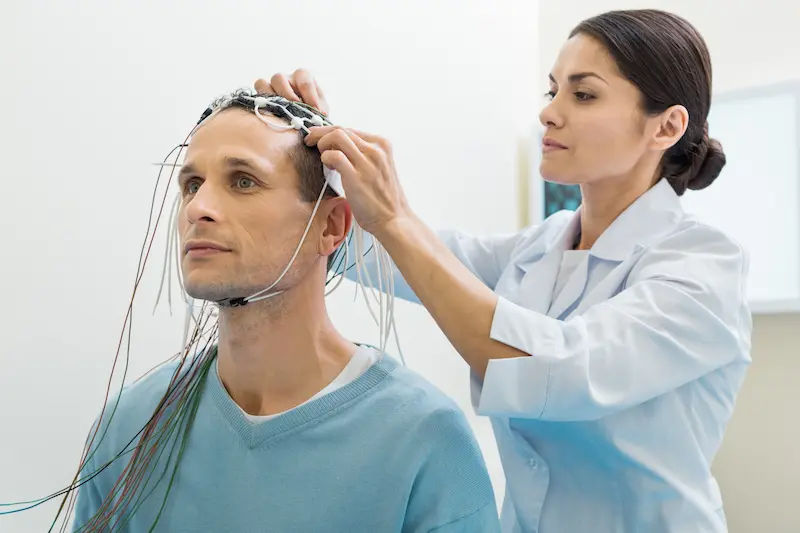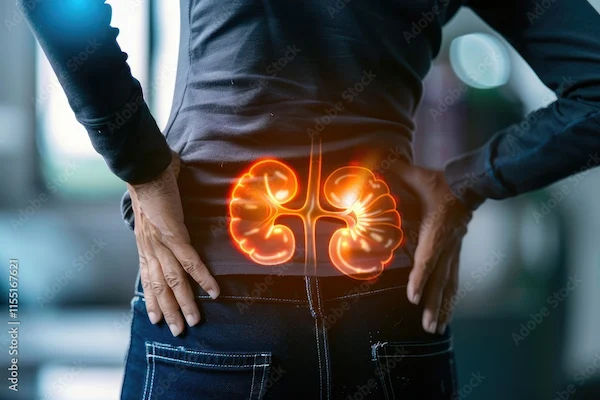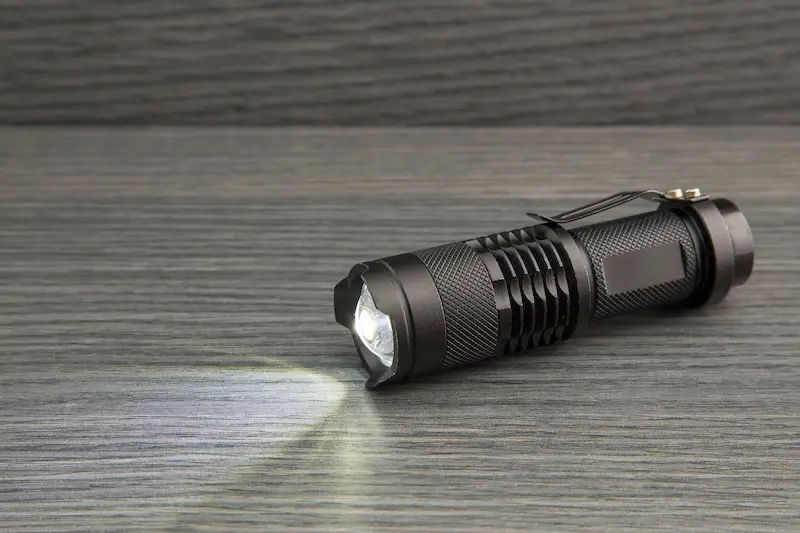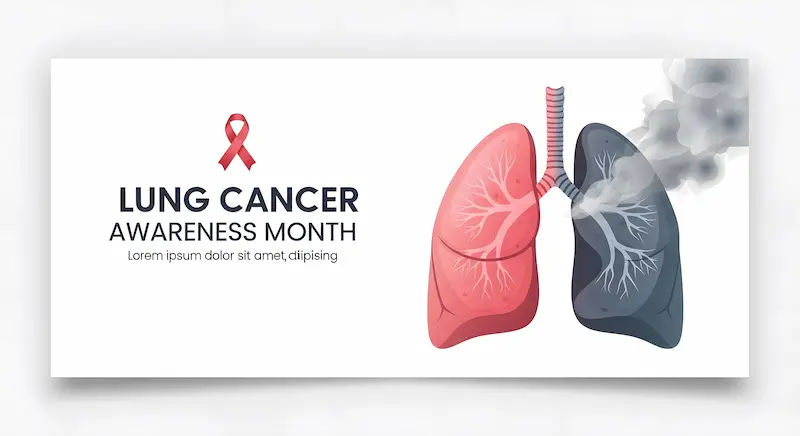After Dialysis: Self-Care Tips
Discover essential self-care tips after dialysis to manage fatigue, protect your access site, follow a kidney-friendly diet, and improve your overall well-being. Stay healthy between sessions with expert guidance.

Written by Dr. Rohinipriyanka Pondugula
Reviewed by Dr. Md Yusuf Shareef MBBS
Last updated on 13th Jan, 2026

Dialysis is a life-saving treatment for people with kidney failure, helping to remove waste and excess fluids from the body when the kidneys can no longer do so. While dialysis plays a crucial role in maintaining health, taking care of yourself after each session is just as important. Proper self-care can help you feel better, reduce complications, and improve your overall quality of life.
In this article, we’ll share simple yet effective self-care tips to help you stay strong and healthy after dialysis.
Why Self-Care After Dialysis Matters
Dialysis can take a toll on your body, leaving you feeling tired, weak, or even a little dizzy afterwards. Since your kidneys aren’t functioning properly, you need to be extra careful about what you eat, how much fluid you drink, and how you rest. Good self-care helps:
Prevent infections and complications
Keep your energy levels stable
Maintain a healthy weight and blood pressure
Improve your mood and well-being
Self-Care Tips After Dialysis
1. Rest and Recover
Dialysis can be exhausting, so give your body time to recover.
Take a short nap if you feel tired.
Avoid strenuous activities for a few hours after treatment.
Listen to your body—if you feel dizzy or weak, sit or lie down until you feel better.
2. Stay Hydrated (But Not Too Much!)
Since dialysis removes excess fluid, drinking too much between sessions can cause swelling, high blood pressure, and breathing difficulties.
Limit fluids as per your doctor’s recommendation.
Sip slowly—try ice chips or small sips if you feel thirsty.
Avoid salty foods (they make you thirstier).
3. Eat a Kidney-Friendly Diet
What you eat affects how well dialysis works. Follow these dietary tips:
Reduce sodium (salt) – Avoid processed foods, pickles, and packaged snacks.
Control potassium – Limit bananas, oranges, potatoes, and tomatoes.
Watch phosphorus – Cut down on dairy, nuts, and soda.
Get enough protein – Include eggs, lean chicken, and fish (as advised by your doctor).
Consult Top Specialists
4. Protect Your Dialysis Access Site
Your fistula, graft, or catheter is essential for dialysis—keep it safe!
Keep it clean – Wash the area gently with soap and water.
Avoid tight clothing – Don’t wear anything that puts pressure on the site.
Check for infections – Look for redness, swelling, or pain and report it immediately.
5. Manage Side Effects
Some common side effects after dialysis include:
Low blood pressure – Rise slowly from sitting/lying down to avoid dizziness.
Muscle cramps – Stretch gently and ask your doctor about supplements.
Itchy skin – Use fragrance-free moisturisers and avoid hot showers.
6. Stay Active (Within Limits)
Gentle exercise can boost energy and mood.
Take short walks – Helps with circulation and prevents stiffness.
Try light stretching or yoga – Improves flexibility without strain.
Avoid heavy lifting – Protect your dialysis access site.
7. Keep Up with Medications
Take all prescribed medicines on time to:
Control blood pressure
Prevent anaemia (low red blood cells)
Balance minerals like calcium and phosphorus
8. Monitor Your Health Daily
Check weight – Sudden gains may mean fluid overload.
Track blood pressure – Helps detect issues early.
Watch for swelling – In hands, feet, or face (could mean excess fluid).
9. Stay Connected & Seek Support
Dialysis can be emotionally challenging.
Talk to loved ones – Share how you’re feeling.
Join a support group – Connect with others going through similar experiences.
Consider counselling – Helps manage stress and anxiety.
10. Follow Up with Your Doctor Regularly
Regular check-ups ensure your treatment is working well.
Attend all dialysis sessions – Skipping can be dangerous.
Report new symptoms – Fatigue, nausea, or breathing troubles need attention.
When to Seek Immediate Help
Call your doctor or go to the hospital if you experience:
Severe dizziness or fainting
Chest pain or difficulty breathing
High fever or signs of infection
Sudden swelling or extreme weakness
Conclusion
Living with dialysis requires adjustments, but with the right self-care, you can lead a fulfilling life. Small steps like eating well, resting, and protecting your dialysis site—make a big difference.
If you have concerns or need personalised advice, Apollo 24|7 is here to help. You can consult a nephrologist or book lab tests easily from home.
Consult Top Specialists
Consult Top Specialists

Dr. Rajib Ghose
General Physician/ Internal Medicine Specialist
25 Years • MBBS
East Midnapore
VIVEKANANDA SEBA SADAN, East Midnapore
Dr. Srilekhya
Internal Medicine Specialist Diabetologist
7 Years • MBBS, MD (GENERAL MEDICINE)
Bengaluru
Apollo Medical Center, Marathahalli, Bengaluru

Dr. Rajesh R
General Practitioner
24 Years • MBBS
Bengaluru
Maruti Polyclinic and dental care, Bengaluru
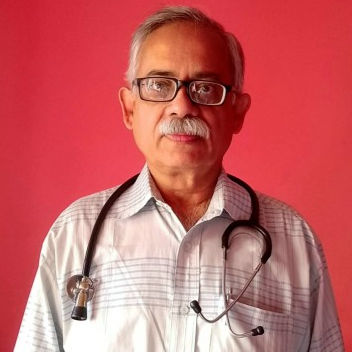
Dr. Pinaki Mukhopadhyay
General Physician/ Internal Medicine Specialist
32 Years • MBBS
Kolkata
MCR SUPER SPECIALITY POLY CLINIC & PATHOLOGY, Kolkata
(25+ Patients)

Dr. Arabinda Bera
General Physician/ Internal Medicine Specialist
20 Years • MBBS, PGDCC(CARDIOLOGY), CCEEDM(DIABETES)
Kolkata
MCR SUPER SPECIALITY POLY CLINIC & PATHOLOGY, Kolkata
